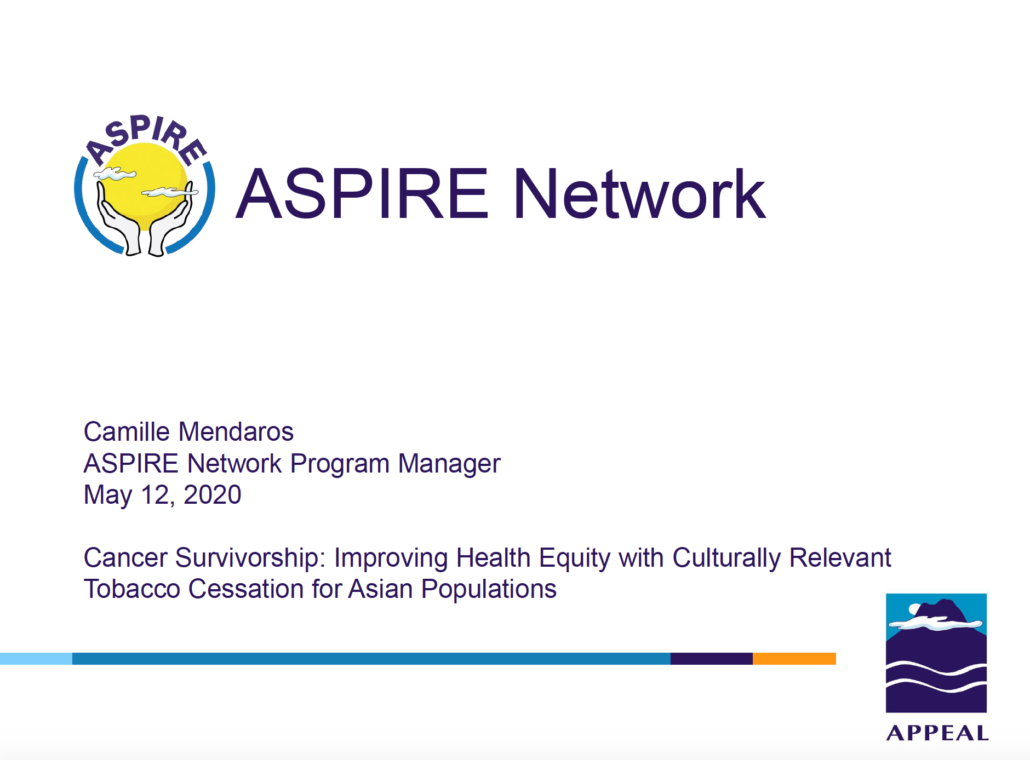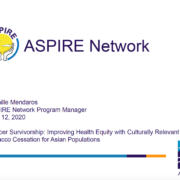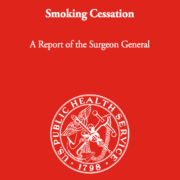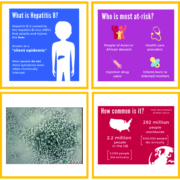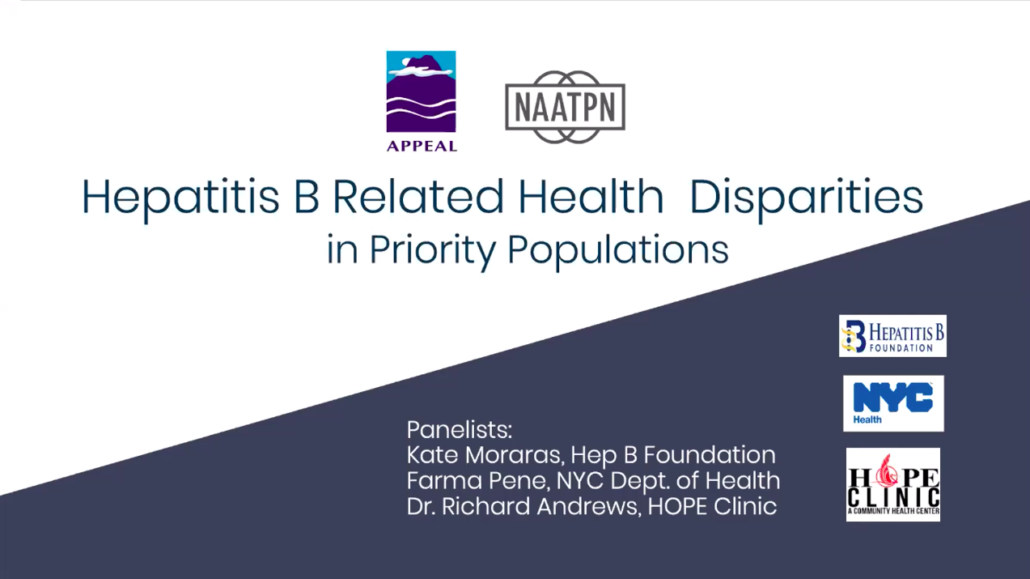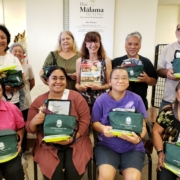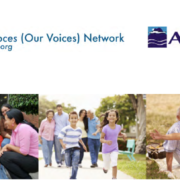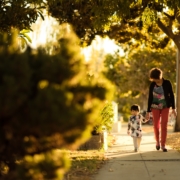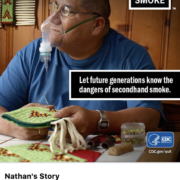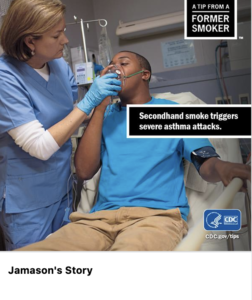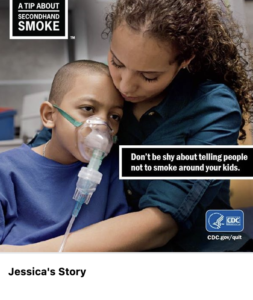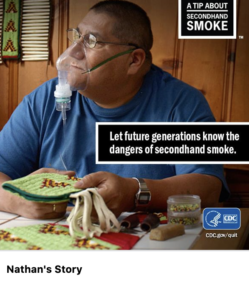The most recent Surgeon General’s report on tobacco use was released last month. This year’s report focuses on smoking cessation, a topic that has not been addressed in the report within the past 30 years!
Check out the infographic below for a visual summary.
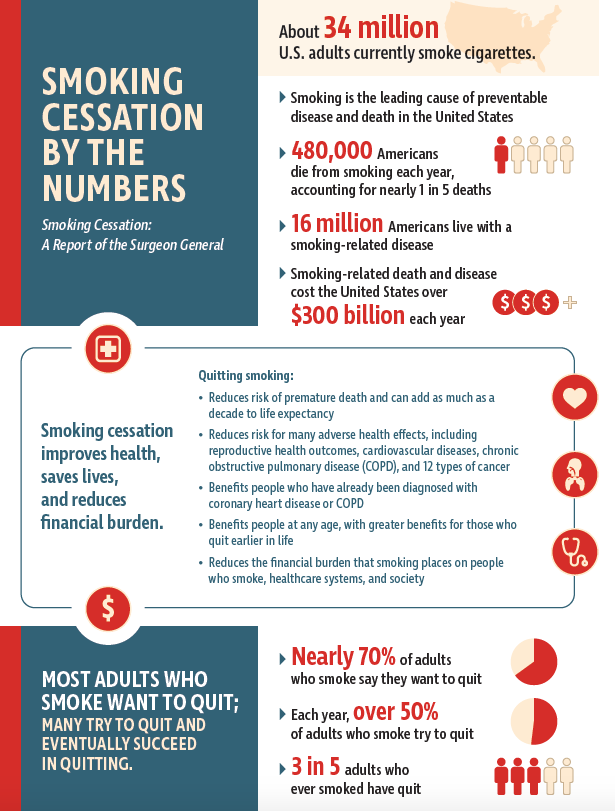
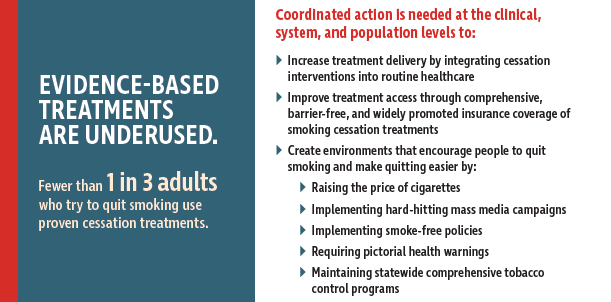
Source: Office of the Surgeon General
You can also read the full report here.
Some of the highlights we think are important to recognize
More than 3 out of 5 U.S. adults who have ever smoked cigarettes quit.
However, less than one-third use FDA approved cessation medications or behavioral counseling.
Smoking cessation can be increased by:
– Raising the price of cigarettes
– Adopting comprehensive smoke-free policies
– Implementing mass media campaigns
– Requiring pictorial health warnings
– Maintaining comprehensive statewide tobacco control programs
Considerable disparities exists in the prevalence of smoking across the U.S. population, with higher prevalence in some groups. There are also disparities in key indicators of smoking cessation, including quit attempts, receiving advice from a health professional, and using cessation therapies.
We know that tobacco use disproportionately impacts our Asian American, Native Hawaiian, and Pacific Islander communities, despite the lack of mainstream representation of tobacco health disparities that our communities face. As an organization, APPEAL is committed in our work towards eliminating these disparities and advancing health equity for tobacco-free AANHPI communities.
